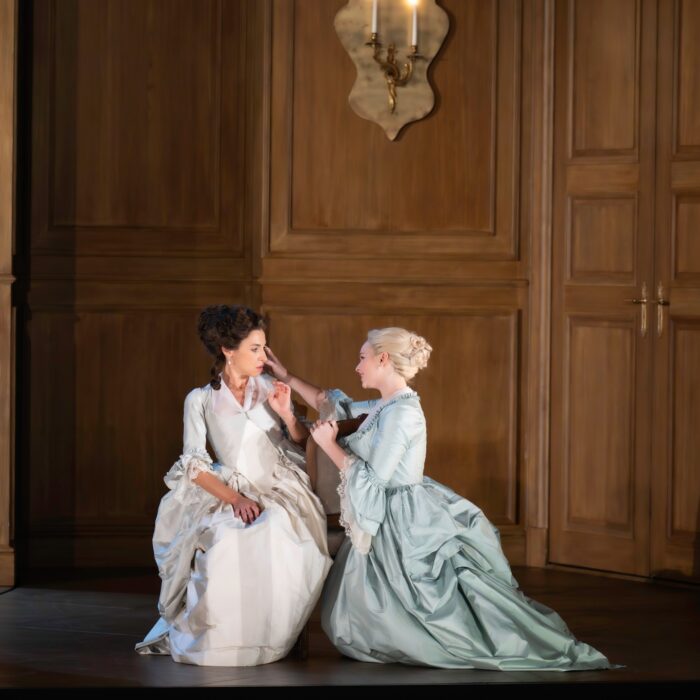
Artist of the Week: Celso Albelo
Spanish Tenor Makes His Puccini Debut at the Teatro La Fenice
By Francisco SalazarThis week, the Teatro La Fenice revives Puccini’s most popular opera, “La Bohème” with Celso Albelo in his role debut as Rodolfo. After 20 years performing around the world at some of the greatest theaters in the world, the role debut also represents the first time the Spanish tenor takes on an opera by Puccini.
In anticipation of his debut OperaWire interviewed the tenor:
OperaWire: Why do you think it’s the perfect moment to debut Rodolfo?
Celso Albelo: I feel that I am experiencing an optimal moment of vocal and interpretive maturity to incorporate Rodolfo (who I will also sing in Bilbao this season, in May). It is simply a dream come true, the result of the natural evolution of my voice, which now offers the opportunity to sing a more lyrical repertoire before a much larger orchestra. Over the years I have learned to understand the signals that my voice and my body have been giving me and I have really enjoyed in recent seasons feeling those new sensations with the Verdian roles that I have incorporated such as Macduff in “Macbeth” and, above all, with Manrico from “Il Trovatore.” Puccini’s music is simply another small step, but without leaving aside bel canto because that is the essence of everything, and I will continue performing some of those operas that allow me to keep my voice healthy and flexible to tackle the lyrical repertoire from another perspective.
OW: How is Puccini’s music different from Bel Canto?
CA: They are two styles from two completely different eras. Bel canto is the root of the Italian style that began at the beginning of the 19th century, and Puccini and the veristas, in general, are its conclusion, already at the dawn of the 20th century. This arc summarizes the evolution of Italian theatrical music in which Verdi also forms a fundamental part. The differences are multiple and range from the orchestration to the way of singing, but there are also many points in common, especially the elegance in the singing line.
OW: What is your favorite part of “La bohème?”
CA: “La Bohème” is a beautiful work from beginning to end, and it is very difficult for me to choose one, but perhaps the death of Mimì, to give an example, I find very beautiful, both from a musical and theatrical point of view. I can’t wait to launch into the Puccini musical flight, which during my studies has given me goosebumps. It is wonderful music that I know will give me great moments in the future.
OW: What excites you about singing the work at the Teatro La Fenice?
CA: I am excited as it is a theater where I have lived some of the most beautiful nights of my career with operas such as “L’Elisir d’amore” and “Rigoletto.” So it is fantastic to return now, before its public, to debut a role as emblematic as Rodolfo.
Recordings
For more on Albelo, the tenor has two incredible recordings that we recommend including his solo album “Intimamente” for Sony Classical and Donizetti’s “Belisario” from the Donizetti Opera Festival.
Here is a look at the tenor in performances of “Rigoletto.”


